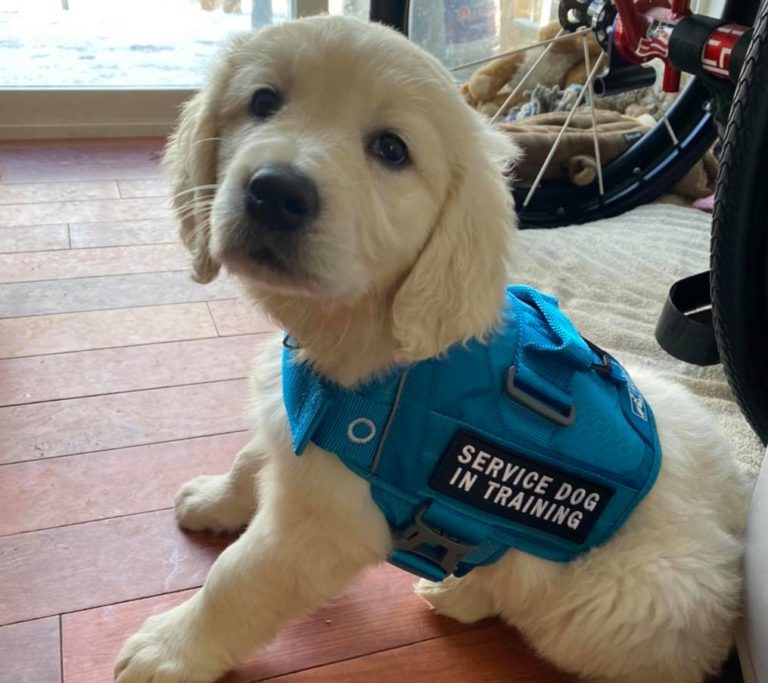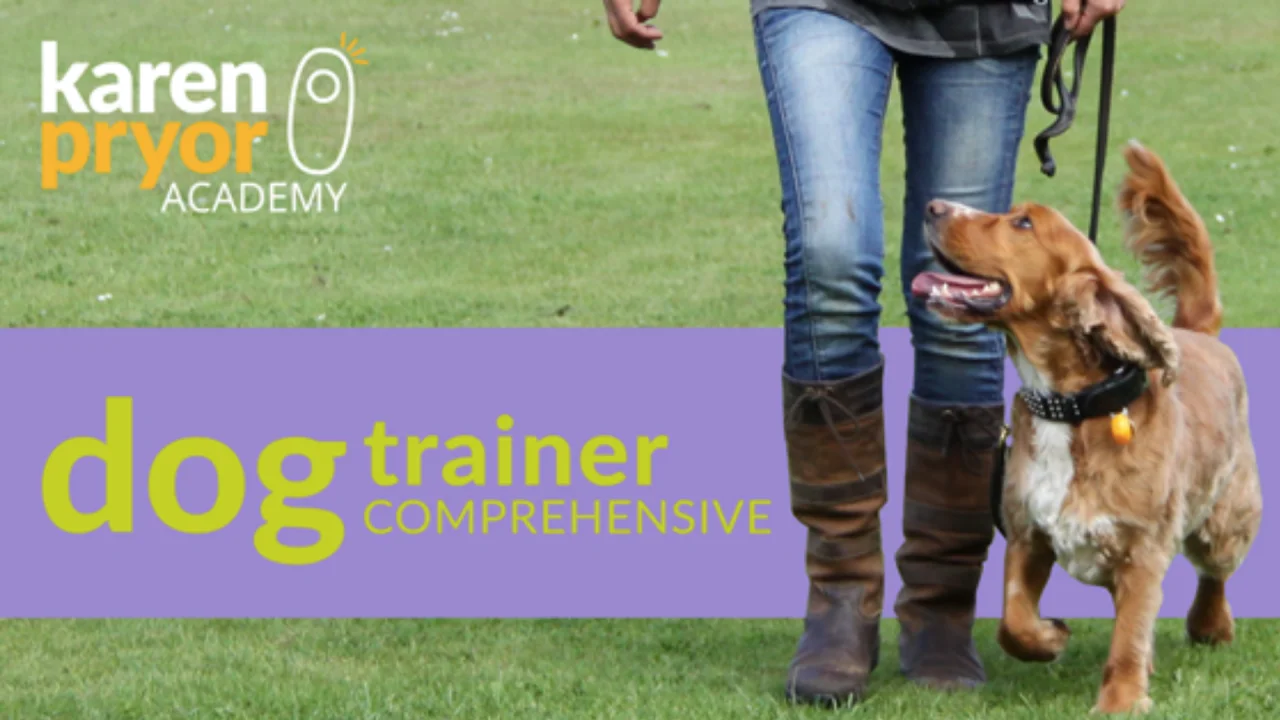Boost Your Abilities with Local Dog Training Charlotte Programs
Boost Your Abilities with Local Dog Training Charlotte Programs
Blog Article
Unlock Your Canine's Prospective: Proven Canine Training Approaches for Success
Effective dog training is a nuanced procedure that pivots on understanding canine actions and utilizing clinically backed approaches. By integrating positive support, establishing clear commands, and prioritizing socializing, dog proprietors can grow a productive relationship with their pets.
Comprehending Dog Behavior
Comprehending dog habits is vital for reliable training and cultivating a favorable connection between pet dogs and their owners. A comprehensive understanding of canine body language, vocalizations, and social communications is important for identifying their feelings and needs. Pet dogs interact mainly via non-verbal signs; for instance, a wagging tail might suggest excitement, while pinned ears can signal anxiety or entry.

Furthermore, ecological factors play a considerable role in forming a pet dog's actions. Adjustments in routine, new surroundings, or the presence of strange individuals can result in stress or anxiety in pets. Acknowledging these triggers enables owners to reduce negative responses and develop ideal training techniques.
Eventually, a deep understanding of pet habits lays the foundation for successful training techniques, enhancing both habits and the total bond in between the pet and its owner. Dog training. This knowledge is important for promoting a well-adjusted, pleased canine buddy
Favorable Reinforcement Techniques
Effective training depends heavily on favorable support techniques, which have been revealed to yield significant cause shaping desired habits in pet dogs. This strategy includes rewarding a dog for showing particular actions, consequently raising the likelihood that these behaviors will certainly be duplicated. Benefits can take numerous kinds, consisting of treats, appreciation, playthings, or play, relying on what encourages the private pet.

It is vital to slowly eliminate incentives as the pet discovers the habits, transitioning to periodic support. This method keeps the behavior gradually while stopping dependence on continuous benefits. By concentrating on positive reinforcement, instructors can cultivate a relying on connection with their pets, promoting a healthy and participating training setting that improves general obedience and efficiency.
Establishing Consistent Commands
A fundamental aspect of successful canine training is the facility of consistent commands. Consistency in commands is crucial for reliable communication in between the pet and the fitness instructor. When commands are consistent, canines learn to connect certain words with preferred behaviors, which increases the training process and enhances understanding.
To develop consistent commands, it is vital that all relative utilize the very same terms and gestures. For example, if one individual uses "rest" while an additional states "take a seat," it can create confusion for the pet dog. Select clear, distinct words for commands and guarantee every person entailed in the pet dog's training follows these options.
Reinforce commands through regular practice, making sure that the canine obtains sufficient chances to react correctly. When a pet dog efficiently adheres to a command, prompt positive support must comply with.
Finally, be person. Developing important source constant commands takes some time and initiative. With commitment and clearness, you will help your canine develop a strong understanding of assumptions, eventually bring about a mannerly friend.
Socializing and Exposure
Interacting socially a pet dog is essential for fostering a well-adjusted and confident buddy. This process includes exposing your canine to a selection of settings, individuals, and various other animals to create their social skills and flexibility. Early socialization, preferably between the ages of 3 to fourteen weeks, is crucial, as it lays the foundation for a dog's future habits.
During socialization, aim to give positive experiences in different settings, such as parks, busy streets, and homes with other pet dogs. Present your canine to different stimulations, consisting of sounds, views, and scents, guaranteeing that each encounter is fulfilling. This direct exposure assists reduce worry and anxiety, leading the way for a much more durable canine.
Participating in regulated group play sessions with various other canines can likewise improve social abilities, instructing your pet dog proper interactions and limits. Constantly check your canine's convenience level throughout these experiences, gradually enhancing direct exposure as their self-confidence expands. Keep in mind, the goal is to produce a well-shaped animal that flourishes in diverse situations, promoting a harmonious partnership with both people and other pets. Prioritizing socialization will significantly add to your pet's total happiness and habits throughout their life.
Overcoming Common Training Difficulties

Canines might battle to focus in strange or active settings. Gradually desensitize your dog to diversions by beginning training in a peaceful environment and slowly presenting even more stimuli as they come to be efficient.
In addition, behavior concerns like jumping or extreme barking can become frustrating. Address these by instructing alternate habits, such as resting calmly when greeting guests. Consistency and persistence are vital; enhance wanted actions continually and prevent scolding, which can lead to complication.
Finally, recognize that each pet dog is unique, and training timelines might differ. Tailor your approach to your pet dog's private needs, and seek specialist assistance if necessary. With willpower and the appropriate techniques, overcoming these obstacles can cause a trained, happy canine friend.
Final Thought
Finally, unlocking a pet's potential requires a detailed technique that includes an understanding of canine actions, the application of favorable reinforcement techniques, and the establishment of consistent commands. Early socialization and direct exposure to diverse environments better improve a canine's versatility and confidence. By dealing with common training challenges with customized strategies and persistence, a unified and cooperative partnership between pet and handler can be promoted, ultimately leading to a well-behaved companion efficient in thriving in different scenarios.
Effective dog training is a nuanced procedure that pivots on recognizing canine habits and employing medically backed techniques.Comprehending pet dog habits is crucial internet for effective training and cultivating a favorable connection between dogs and their proprietors.Reliable training relies heavily on positive reinforcement techniques, which have actually been shown to produce substantial results in forming wanted actions in canines. When commands are consistent, dogs discover to link specific words with preferred actions, which increases the training process and boosts understanding.
In verdict, unlocking a pet's potential requires a thorough approach that integrates an understanding of canine behavior, the application of favorable support techniques, and the establishment of constant commands.
Report this page